Another month, another medley of news about sustainability. Let’s take a look through some of the most promising shards of hope that we’d like to tell you about.
Our new look is to include an attention-grabbing timeline infographic. So have a stare at that too, if you like. This month, the colours are inspired by the palette of the endangered Kākāpō of New Zealand.
Pink dolphins are better alive than dead
Link: The Guardian
The Amazon river dolphin, also known as the boto, is an endangered dolphin that’s only found in South America. It adds a dash of extra charisma to the classic version by being coloured pink! Here it is…
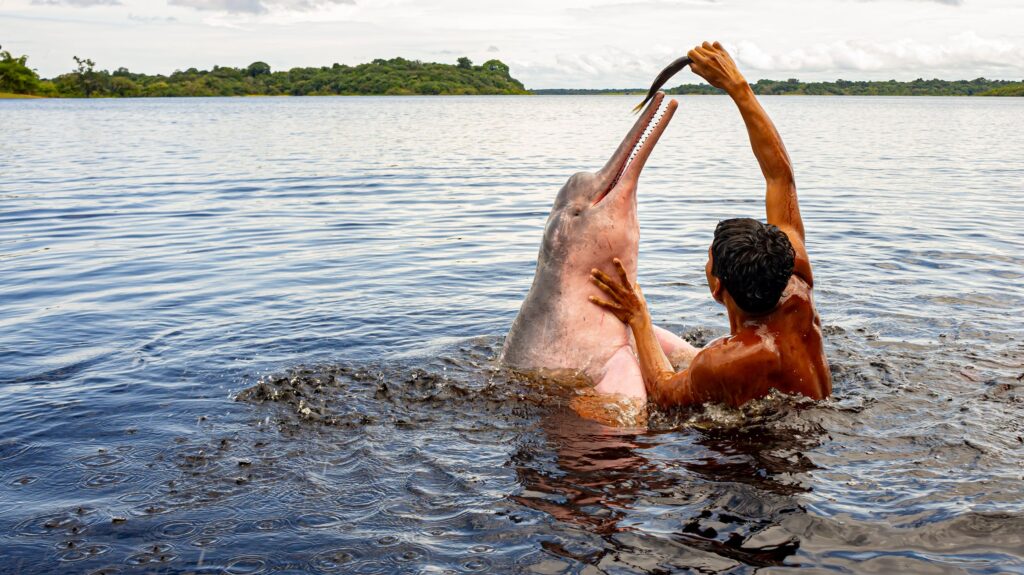
Sadly, the numbers of the dolphin have been dwindling. They’re often killed as bycatch – or for use as fishing bait. But the botos are now being re-appraised as better alive than dead. According to a conservation group, each dolphin could bring in US$20,000 a year through ecotourism, compared with $25 as carcass. That’s almost 1,000 times more valuable alive.
Locals are gradually cottoning on to how precious these animals are, too. In February, the Guardian ran a feature on the thriving ecotourism scene around the dolphins in former conflict zones like Guaivare. Many of the guides are reformed rebels.
Despite the jarring economics, it’s an insightful read that focuses on a nascent worldwide trend where the value of flora and fauna is being rethought. Take Indonesia, which made fishing manta rays illegal in 2014, after recognising how important they could be. Keep it going. Although remember to make sure that the ecosystems and animals are respected by everyone peeking!
A delicious doppelganger of crispy bacon
Link: Vegconomist
Now let’s go to Barcelona, where Akepa is mostly based. A biotech startup in the city, Libre foods, has just unveiled a new bacon substitute made from mushrooms.
Bacon has been made from the root system of mushrooms, mycelium, before. But this time the bacon has been fashioned from the fruiting body; the mushroom that we see above ground. It’s the first product of its kind to launch in the EU.
“There’s something about this particular bacon that blows me away. It looks like bacon, it ‘tears’ like bacon and it tastes like bacon. It’s crispy, it’s fatty, it’s perfect,” said one tester.
“I haven’t tasted the stuff yet but agree that it does look like bacon”, said someone at Akepa after checking Libre’s Instagram to find out more.
The product will first launch in restaurants across Barcelona, Madrid and Valencia where it will be used to embellish veggie burgers. We’d like to get it in our bellies and we will.
Hey, miners! Leave those corals alone…
Link: BBC
For the first time ever, Australia has blocked the creation of a new coal mine under environmental laws. The mine won’t happen because it would endanger the Great Barrier Reef nearby, which is the world’s largest coral reef system.
The Reef needs all the help it can get after experiencing four mass bleaching events in the past four years due to rising ocean temperatures. The warming contribution from the mine’s emissions would have been an insult. But the direct damage from the mine’s toxic run-off was the main reason for the rejection by the region’s environment minister.
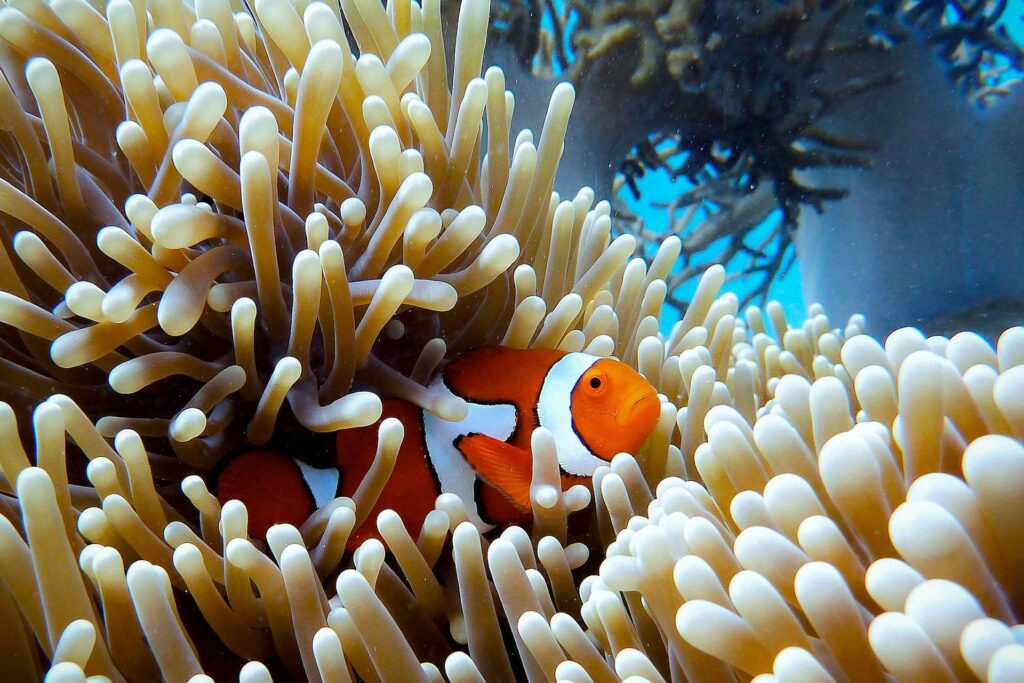
This good news adds to the sensational news in March that United Nations countries have reached the first ever deal to protect the oceans outside of national boundaries. We’ll report more on that in the next roundup.
Pretty soon, there’ll be no more fossil fuel cars in the EU
Link: Reuters
Although here at Akepa we don’t use petrol cars – or even public transport – to get to work everyday since we operate remotely, we understand that some people, in some situations, must use cars. As much as we can try to reduce the number of them on the road or the amount we use them, cars are not going anywhere.
So it’s good news that the EU just approved a law to ban the sales of new fossil fuel cars from 2035. You might be thinking, “blah blah – it’ll still take at least another two decades until they’re off the road”. But it’s actually a reasonable first step if we want all cars on the road to be electric by 2050:
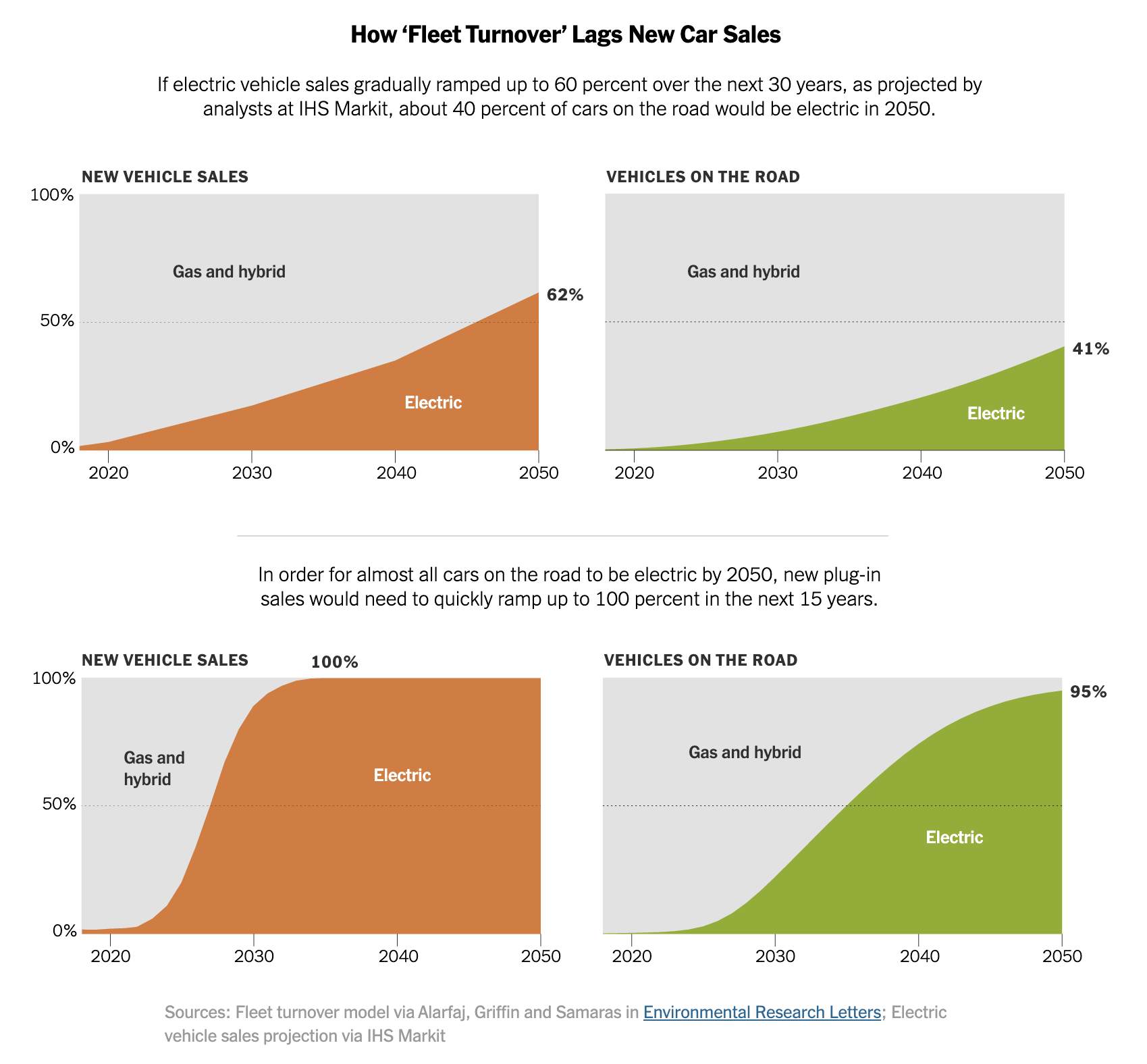
Now, perhaps, the next goal is to move towards a 100% renewable energy grid for the electric cars to be powered from. If you ask us, that is.
The UK on board to hand out fines to greenwashing companies
Link: The Guardian
First of all, thank heavens for the Advertising Standards Authority (ASA). They’re doing a vital job at calling out companies who are blabbering on and misleading people about their products. Greenwashing is doing well; there needs to be more regulation. So we’re happy to hear that the UK’s Competition and Markets Authority (CMA) will start imposing direct civil penalties against companies with a talent for telling lies about their eco credentials, under the Digital Markets, Competition and Consumer bill.
Companies could face fines of up to 10% of their global turnover and individuals could face fines of up to £300,000. There’s already an ongoing investigation by the CMA on ASOS, Boohoo, and George at Asda for being potential offenders.

At the start of this year, France made it mandatory for large fashion brands to give shoppers detailed environmental labelling, although the UK is one of the first countries to impose fines on companies making unsubstantiated environmental claims.
Clothing can move itself onto you
Link: dezeen
Thanks to Pola Demianiuk, a graduate of the Swedish School of Textiles, a pioneering collection of self-moving garments has been brought to life. The collection, called ‘Soft Assembly’ is comprised of clothes that can curl and contract around the body. To produce the kinetic clothing, Pola applied soft robotics, which is a subfield of robotics that closely resembles the physical characteristics of living organisms . The clothes are soft and comfortable, don’t contain electronic parts, and are capable of moving with help from inflatable elements.

The potential of this clothing reaches way beyond the fashion field. The garments assist the body to be dressed, so there are benefits in the medical field. Those with mobility issues could be empowered by more independence, for example. As Demianiuk explained, “it could improve the wellbeing of immobile users as well as their caregivers with assistive devices or independent smart garments”.
And on that note you’re about to fall off the edge of the post and tumble back towards whatever you were doing before. See you next time.
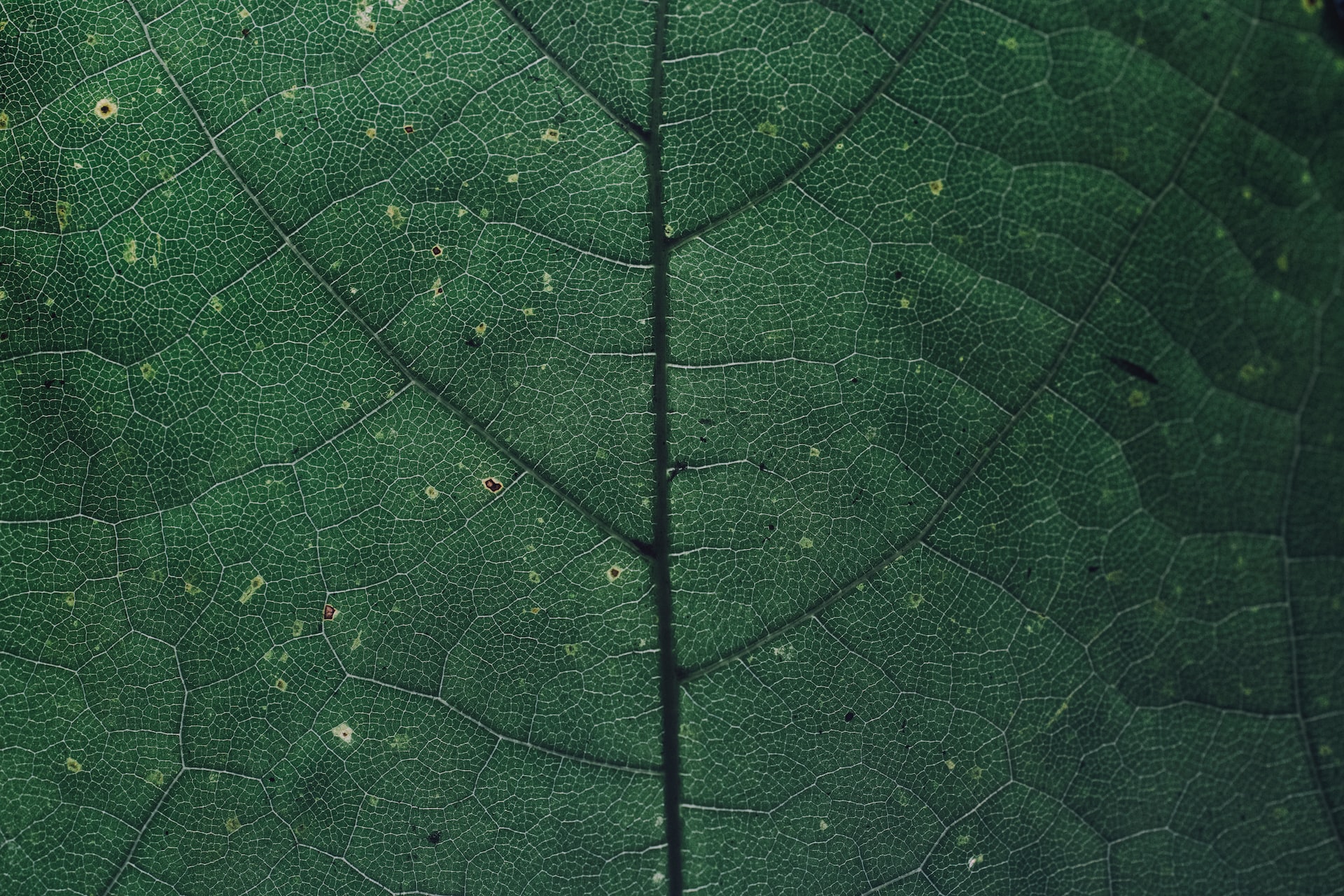
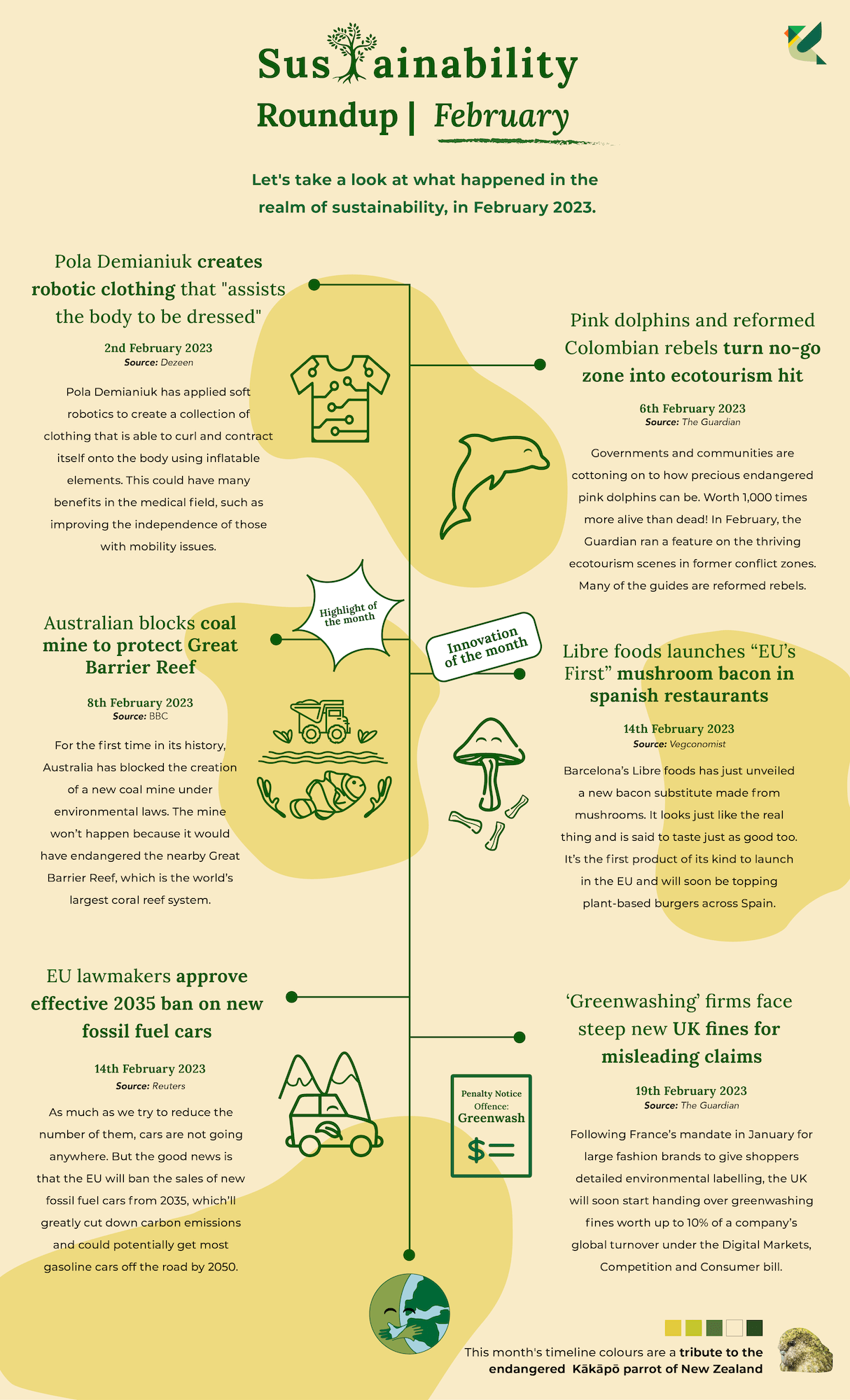
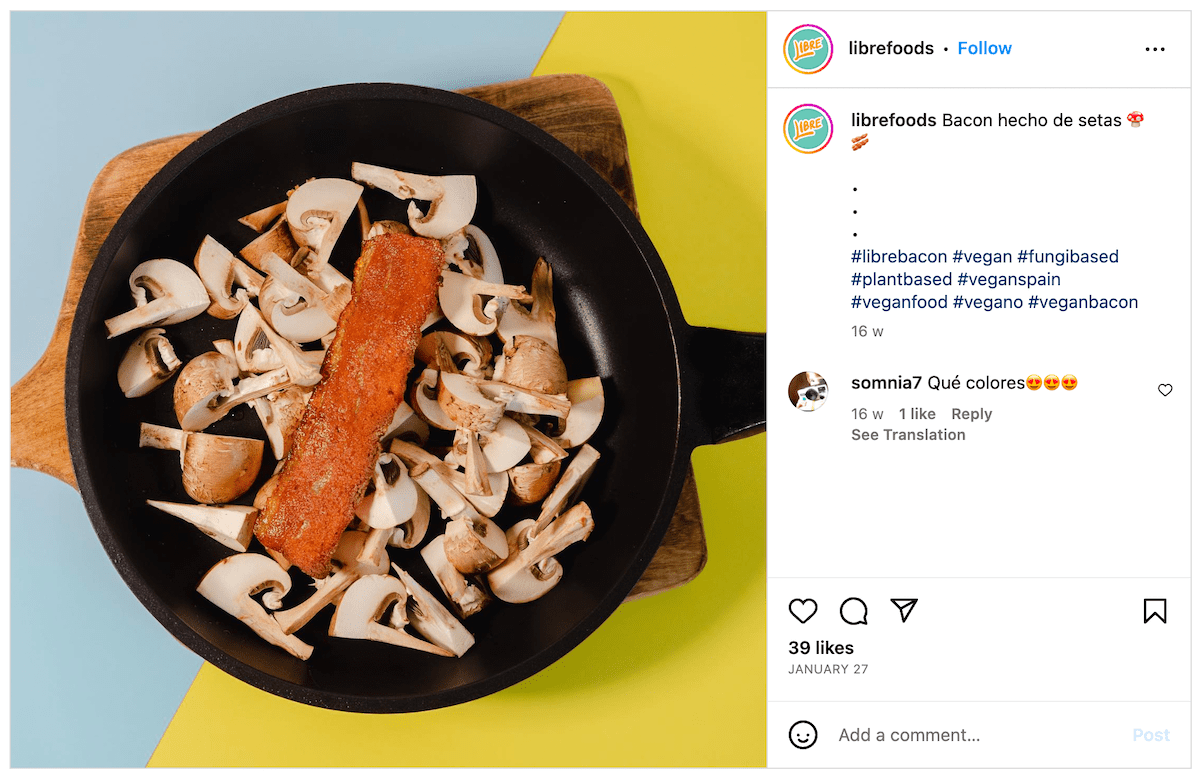


Leave a Reply